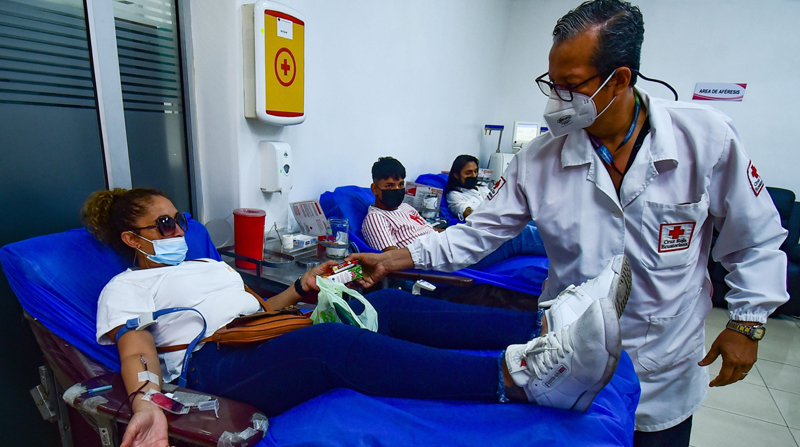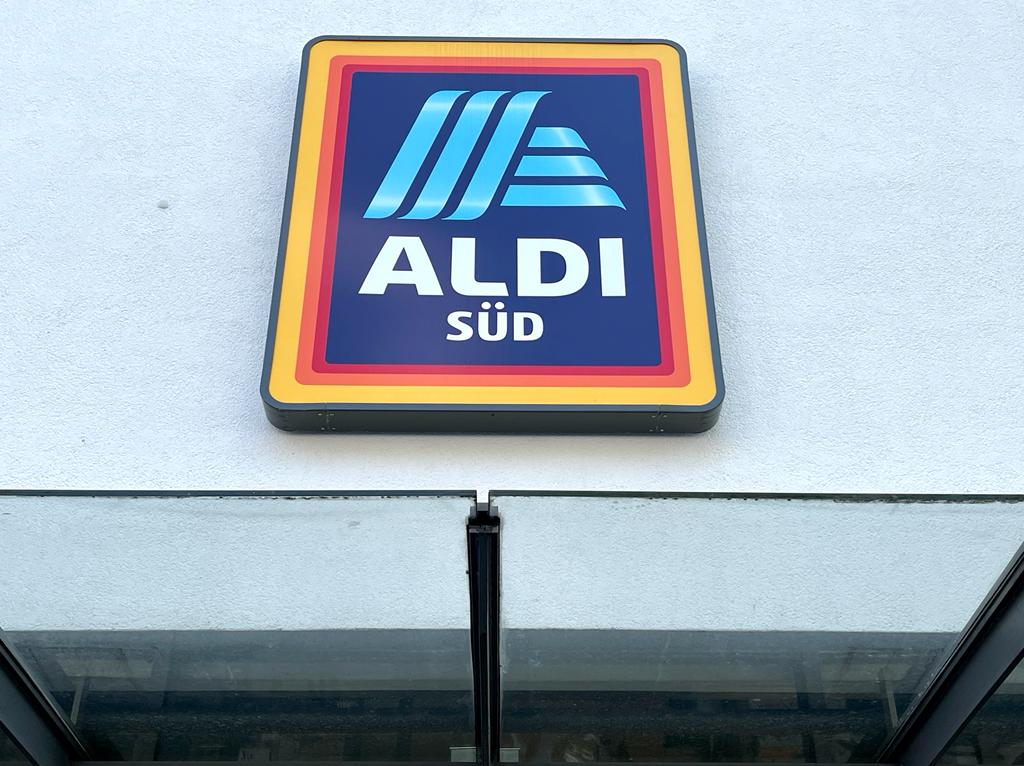Cristina Albán is O-. Barely 1.9% of the population of the country has that kind of sangre and she has decided to be one frequent donor.
“If it were any other Blood type I’d still do it, I’ve always driven the power to help. In my case, I see the need to donate because I know it’s hard to get,” he says.
There are also difficulties in improving the figures for overall uptake of blood and blood productsafter two years of pandemic. The Red Cross covers 70% of the national demand and marks the pulse of the donationwhich still does not reach the values of 2019.
“During confinement we maintained a ‘daily stock’: the collected blood during the day it was distributed at night”, recalls Víctor Aguirre, coordinator from Red Territorial from banks from Sangre from Red Cross.
They now have four days of stock, still receiving donors, although the optimal average is higher. “The idea is to have figures that allow solve the operation for up to seven days, without a single catchment. We are growing little by little.”
Business Support
graduallyhave regained the support of companies y universities to reactivate massive campaigns. There are also other plans, such as an ‘app’ for online donor registration and forging alliances with the Ministry from Educationto encourage the culture from donation from the schools.
The 450 milliliters of blood collected by donor They can save up to seven lives. Each bag is divided into red blood cells, which will last for 42 days, plasma fresco and platelet concentrates, which can only be to stock for five days.
Reserves vary according to blood group. Until the previous week there was good amount from components A+ and O+, which are 88% of donors in the country.
But the deficit is notorious in the rates negativesLike Christina’s. She is part of the 2% of donors who reports Guayaquila city that supplies Galapagos and to nearby provinces, such as The rivers.
Alberto Molina is coordinator of the Banco from Sangre from Red Cross of the Guayas, where about 150 donations are registered every day. But to optimize operabilityat least they need double.
“In all blood banks in the country -including those of hospitals y private clinics– there is a deficit of voluntary donation. People usually only approach when a family member or an acquaintance needs it -says Molina-; you have to change that mentality”.
Cristina asks not to believe in taboos, such as the fattening donation or that the blood commercializes.
The coordinator of the Red Territorial from Red Cross clarifies that the blood has no value, but there are processing costs that must be covered and range from the needle for the extraction to the minute tests to rule out infectious diseases.
The Ministry of Health has set a cost of USD 75 for processing a concentrate of blood cells reds. That is what is canceled when there are orders from the Public hospitals. For private ones, the value goes up and can reach USD 105.
“It is higher, but we must consider that molecular studies are carried out and serological in five markers (among them HIV and tuberculosis) and five additional tests for inmunohematología”, says Aguirre.
Cristina does not look at those details and prefers to share the times she has managed to give a opportunity of life: helped a adult older with his Red blood cells for a surgery open heart and for months they transfused his platelets to a young man with leukemia.
And there are many more, whom you do not know. “If we all donated once or twice a year,” he says, “there would be no shortage.”
–


